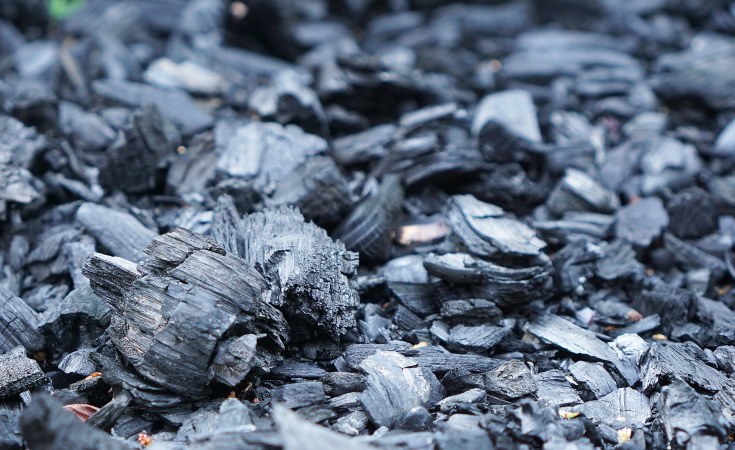Trade Union Congress of Namibia president Paulus Hango has called on employers, especially in the charcoal industry, to start considering the health of their employees, as they are working in conditions where their health is threatened.
"We call upon employers in the charcoal industry to stop exploiting workers. There is a need to have a clear guideline to regulate the condition of workers because their health is at risk. Many farmers in the charcoal industry are behaving as if they own the country. The workers are really suffering in this industry. We must create a safe and healthy environment for these workers," Hango said.
The Charcoal Association of Namibia chairperson Michael Dege's secretary, in a telephonic conversation, said he could only be contacted on Monday, when the office opens. She further said that she could not give his mobile number.
Hango was speaking at the commemoration of World Day for Safety and Health at Work at Walvis Bay recently, under the theme: 'A safe and healthy working environment: a fundamental principle and right at work'.
The event was celebrated after a decision in June 2022 by the International Labour Conference to include "a safe and healthy working environment" in the International Labour Organisation's (ILO) framework of fundamental principles and rights at work.
Union members, employees and employers from various workplaces started the event by marching from the Kuisebmond fire station to the Walvis Bay municipality, where they were addressed by labour industry stakeholders.
National Union of Namibian Workers secretary general Job Muniaro also shared his view on the health and safety of workers.
"Workers are the insurance of economic activity, but illness of workplaces must be looked at. The mining industry is especially dangerous and can easily shorten a lifespan. We need to hold hands and not just jump at retrenching those who talk too much, saying that they are tarnishing the name of your company. We must see how we can reduce accidents in the workplace. Quality of work comes with education. Most minerals that workers are dealing with can easily explode when accidentally mixed.
"To make more money, more training and education is important. Employee morale must also be raised to create better productivity both at work and home/"
Deputy minister of labour, industrial relations and job creation Hafeni Ndemula officiated at the event and said that a lack of safety and health practices in the workplace had major impacts.
"This causes untold human suffering to victims and their families, but it also results in major economic losses for enterprises and economies as a whole, as measured in healthcare costs, compensation costs, production losses, reduced work capacity and lower workforce participation. Occupational safety and health policies and programmes are important guiding tools for a systematic implementation of a safety and health at both national and enterprise level.
"Therefore, the entrenchment of adequate and appropriate measures to prevent accidents and diseases at work is of paramount importance. Unfortunately, these measures are often not available, especially in private enterprises and public entities where safety and health is not prioritised," he said.
ILO country office for Zimbabwe and Namibia director Annamarie Kiaga also sent a solidarity message.
"A lack of investment in occupational safety and health leads to significant human tragedies and economic losses. Every day, 7 500 workers die from work-related causes: 6 500 from diseases and 1 000 from occupational accidents. Also, almost 4% of the world's annual GDP is lost due to these preventable incidents. The historic decision to commit to a safe and healthy working environment, expressed and supported by the ILO tripartite constituents, reveals a renewed collective commitment to the protection of life and health at work," she said.
The Ministry of Labour, Industrial Relations and Employment Creation also trained 130 small and medium-sized enterprises on safety and health in the workplace at Walvis Bay this week, as a pre-commemoration activity.


